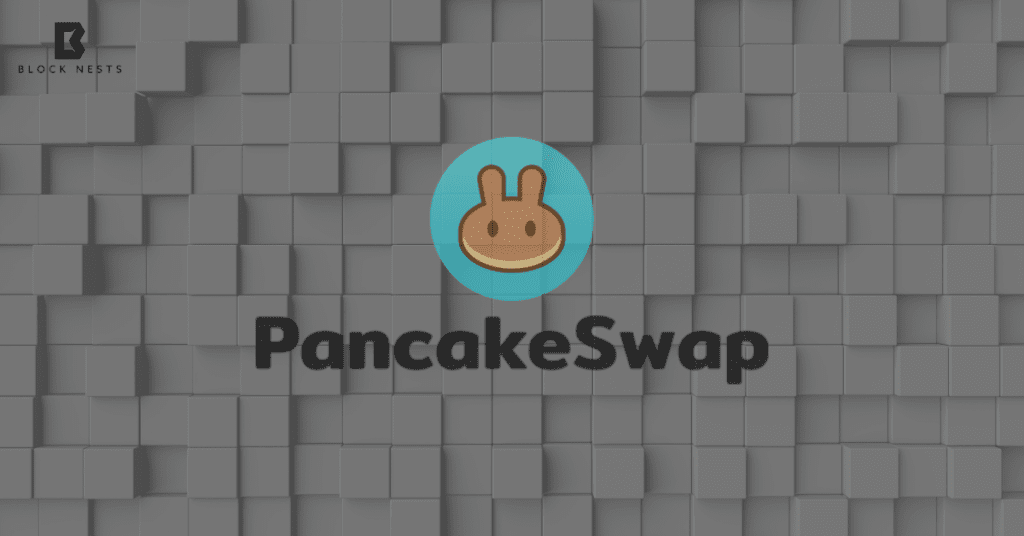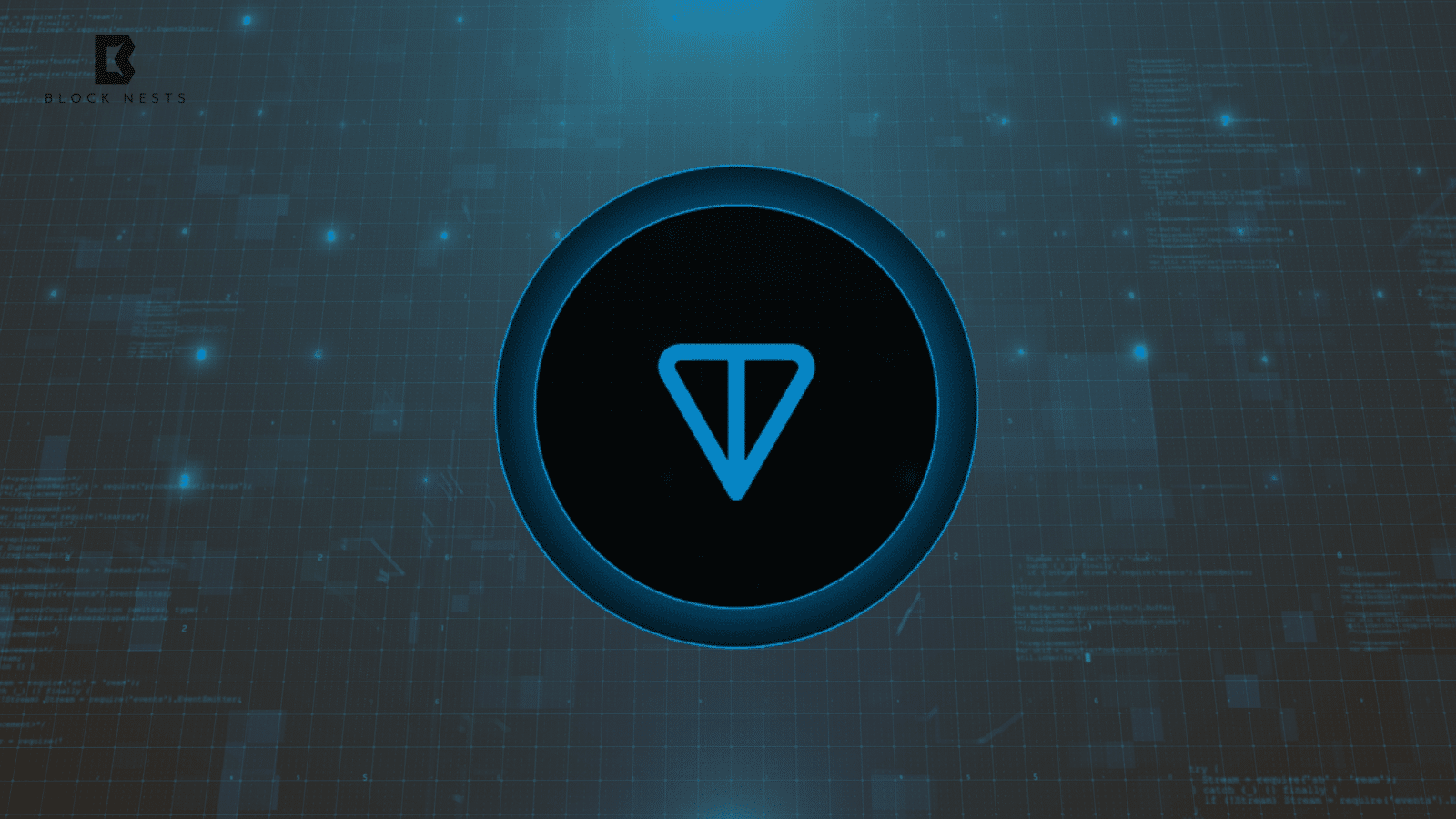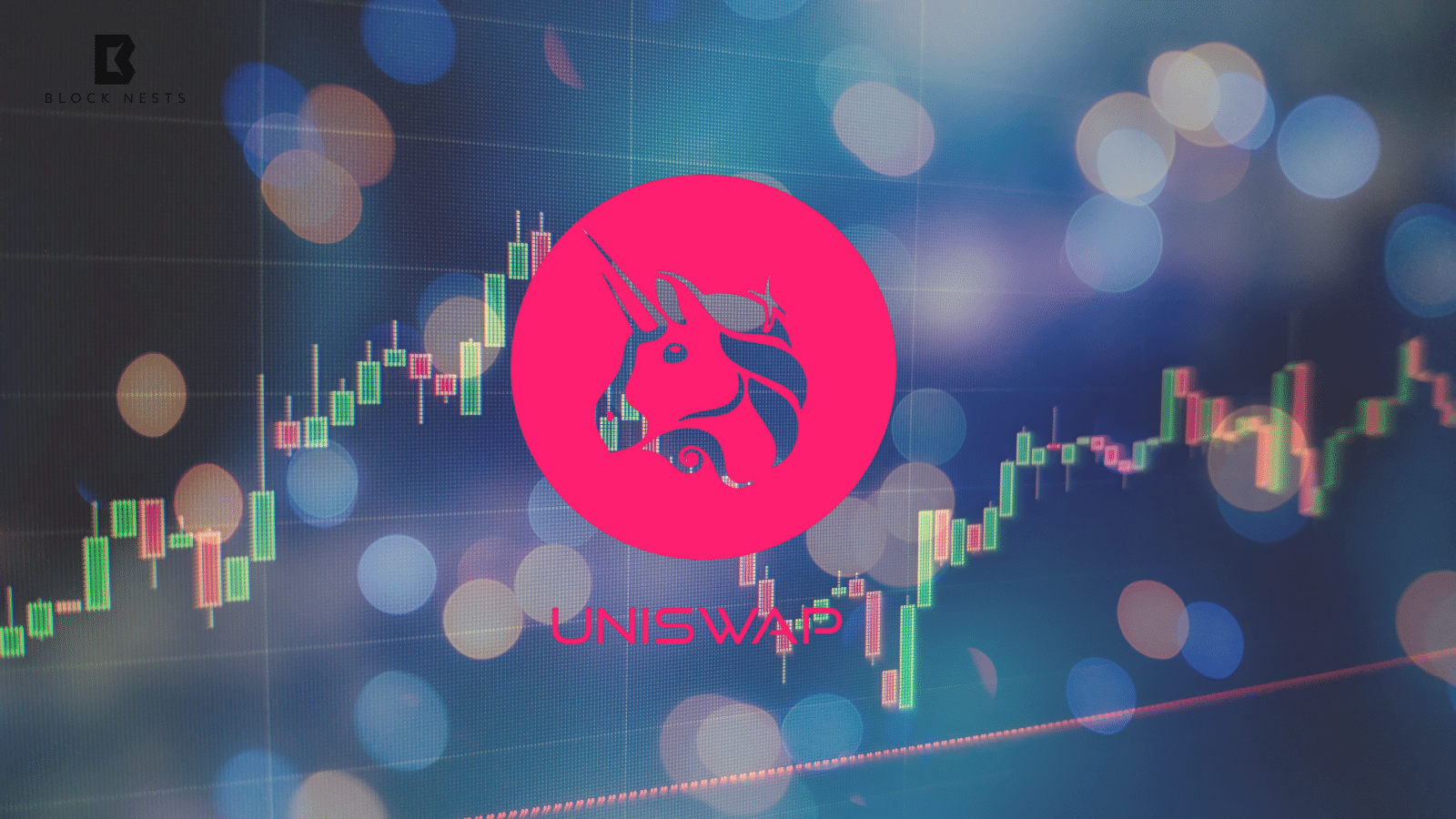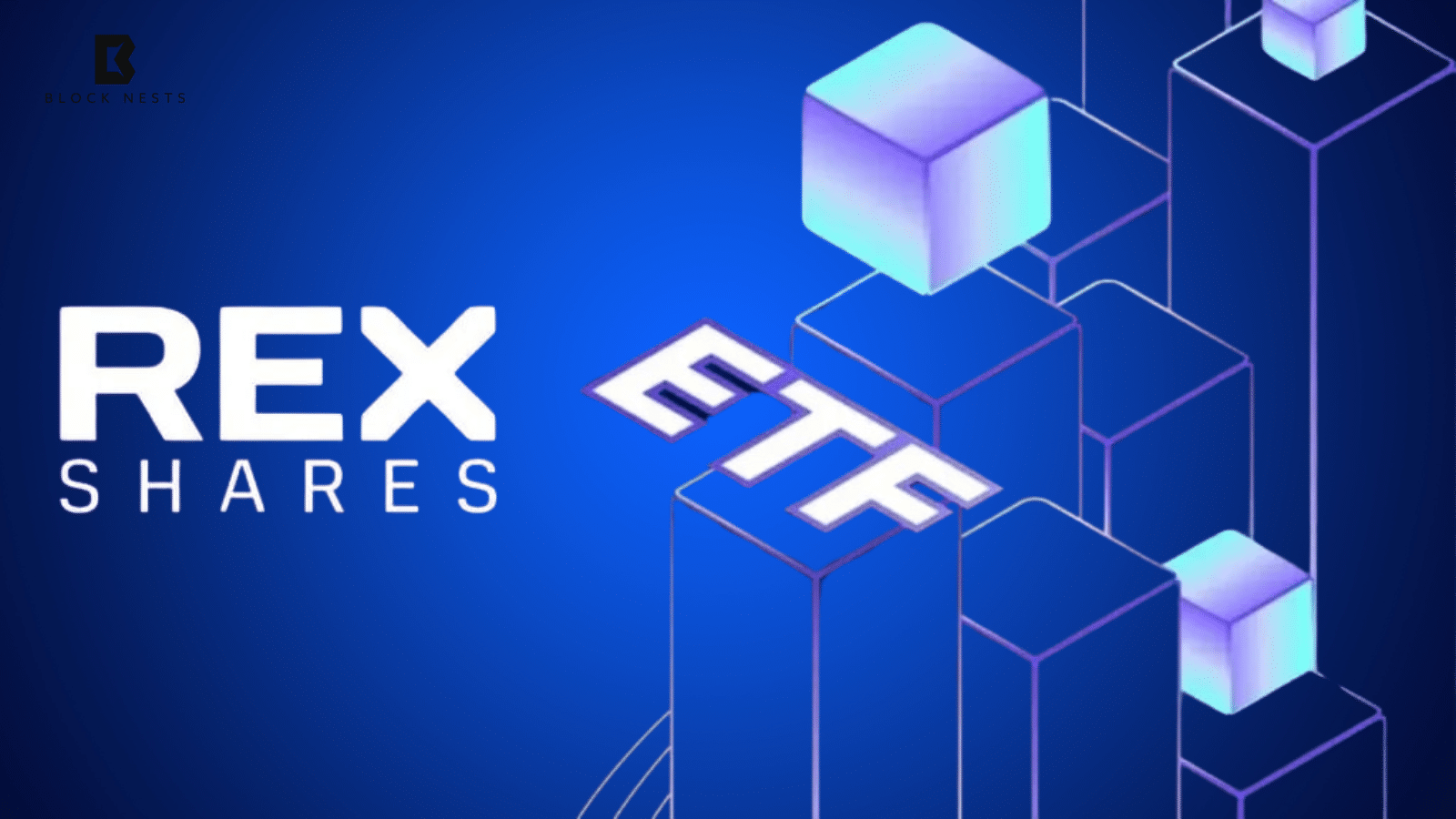- PancakeSwap’s Tokenomics 3.0 launches on April 23, 2025, eliminating veCAKE governance and staking.
- The update introduces a buy-and-burn mechanism, capping CAKE supply at 450 million tokens.
- Cakepie DAO critiques the changes, while PancakeSwap offers compensation to impacted users.
PancakeSwap has officially announced its new Tokenomics 3.0 upgrade for the CAKE token, which is set to be implemented on the 23rd of April, 2025. In a blog post dated April 21, the team admitted to the changes that eliminated staking and governance through veCAKE. All CAKE and veCAKE positions caliber will be unlocked with the possibility for tokens to be redeemed at a 1:1 rate over six months.
🥞The official implementation of CAKE Tokenomics 3.0 is now underway. Here's what you need to know about the changes and important dates:
— PancakeSwap (@PancakeSwap) April 21, 2025
Key Milestones:
🔹Retirement of CAKE Staking, veCAKE, Gauges Voting, Revenue Sharing, and Farm Boosting
🔹Voting results from Epoch 37 will… pic.twitter.com/3mj2Hk08BY
Tokenomics 3.0 also brings a buy-and-burn revenue share mechanism and sets a maximum supply of 450 million CAKE tokens. It also reduces inflation rates by removing yield farm emissions in order to pursue sustainable long-term growth. The platform aims at incentivizing user stickiness as well as establishing a more stable monetary structure within the CAKE token. Such changes emerged as a part of PancakeSwap’s long-term plan to strengthen its token economy.
DAO Criticism of Changes
The change will be implemented in two phases. First, the daily emissions will be decreased from 29,000 CAKE to 20,000. During the second phase, emissions will be further reduced to 14,500 CAKE per day. This gradual decrease is likely to lead to the permanent destruction of about 5.3 million CAKE tokens per year. The goal is to manage distribution and reduce high inflation rates in the future, which is beneficial for CAKE holders.
The proposal has been generally positively received among the users. However, Cakepie DAO, a significant CAKE holder and a protocol based on the veCAKE model, has criticized the change. The DAO has complained about misconduct in the voting system that led to the adoption of the new token economics.
Cakepie DAO has also raised concerns with the removal of all the decentralized governance aspects by pointing out that the system should only be changed and not removed. They suggested performance-based incentives for the high-achieving pools and discouraging manipulations by penalizing those who pulled out prematurely, rather than eliminating the system altogether.
Governance, Decentralization & the veCAKE Paradigm
— Cakepie🥞🧑🍳 (@Cakepiexyz_io) April 12, 2025
To the PancakeSwap team — particularly to those shaping the Tokenomics 3.0 proposal:
This is not a reaction. This is a reminder.
DeFi is not a destination — it is a discipline.
And governance is not a burden — it is the… pic.twitter.com/xq4lsR4di9
PancakeSwap CAKE Price Surge
PancakeSwap has made some compensations to Cakepie DAO users. With 215,336 registered addresses in the mCAKE pool as of now, up to 1.5 million CAKE tokens can be unlocked for mCAKE holders if a 1:1 swap is approved by the DAO. This offer is made to do our best to satisfy the impacted individuals in various ways, especially those who are focused on the veCAKE model.
The token is currently priced at $1.99, having gained 3.69% in the last 24 hours. This daily trading volume increased by 8.37% to reach $ 64.97 million. The current price of CAKE has bounced back from a multi-week low of $1.60, signaling increased optimism about CAKE’s prospects. According to DeFiLlama data, PancakeSwap DEX’s daily trading volume reached $1.03 billion, and it overtook Uniswap’s volume of $896 million. However, there was a 5% increase in its weekly trading volume, as it fell lower than Uniswap’s 39%.
With the help of Tokenomics 3.0, the PancakeSwap platform plans to consolidate its leadership in the DeFi sector. These changes are likely to open up a more sustainable and growth-based environment for CAKE, while certain issues with some of the platform’s key partners persist.
How would you rate your experience?






